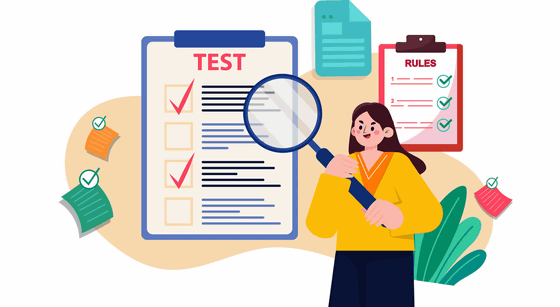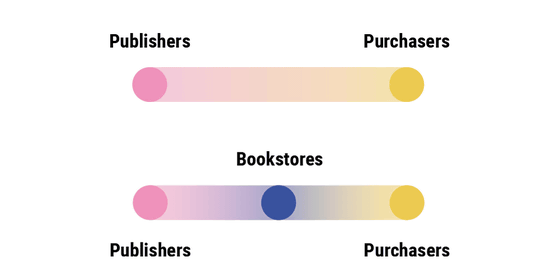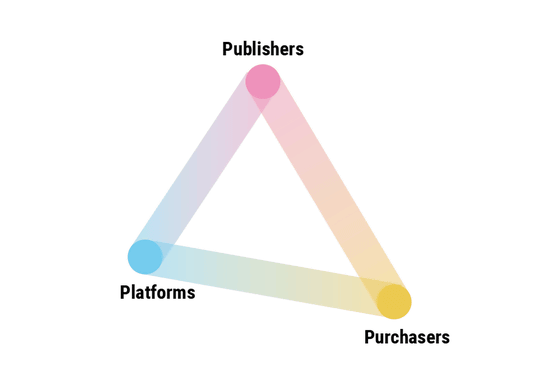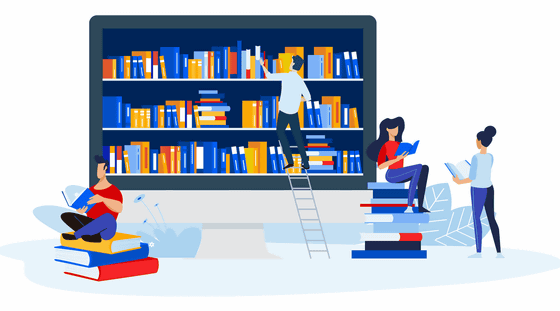What is the future prospects of the e-book economy that has become 'purchasing without owning'?

As a major feature of e-books, in many cases e-books cannot be strictly ``purchased books'', but in the form of ``purchase a license to access books''. Therefore, if you purchase a paper book, you can save it as it is, make a copy, or give it to someone else, but e-books are copy protected, the content can be updated or changed, and the content can be changed. In some cases, it is deleted and becomes unreadable.
The Anti-Ownership Ebook Economy
https://www.nyuengelberg.org/outputs/the-anti-ownership-ebook-economy/

(PDF file) The Anti-Ownership Ebook Economy | How Publishers and Platforms Have
Reshaped the Way We Read in the Digital Age
https://www.nyuengelberg.org/files/the-anti-ownership-ebook-economy.pdf
With the move to digital formats for books, the way publishers think about selling books has changed dramatically. The collective decision by most publishers to make e-book sales only limited licenses, rather than downloads of book data, has eliminated the concern of free copies leaking, and is 'economic'. The Engelberg Center points out that there have been important 'legal', 'technical' and 'psychological' changes.
First, economically, platforms and publishers believe that e-books give them more control over how they generate revenue. Information such as reader attributes, which is difficult to track for paper books, is easier to monitor on e-book platforms. We have also succeeded in creating new revenue streams by charging additional fees in lieu of giving libraries the right to lend books, and by selling user data on book purchases and reading experiences.

In addition, e-books have two distinct economic advantages. First, about the cost of publishing an e-book. E-books are considered to be relatively inexpensive to create as they do not require physical printing, but the size of characters and images must be considered depending on the type and size of the device on which the book is read, so it is more difficult than expected. Some argue that it takes a lot of design effort, and others say that using
And legally, the shift from sales to license agreements allows us to circumvent the laws that have governed the sale of books for centuries. In intellectual property law, there is a concept called ' exhaustion ,' which states that 'a product legally purchased from a right holder cannot be infringed even if it is used or resold.' Publishers have long been bound by a system that restricts the handling of books.
A famous case is the 1908 case of Bobs Merrill v. Strauss. Publisher Bobs Merrill wrote in a book that ``under no circumstances is this book authorized to be sold for less than $1.'' I filed a lawsuit seeking to force a price when I tried to sell Ultimately, the U.S. Supreme Court ruled that you don't need permission from the publisher to sell the books you purchase.

In the case of e-books, you are not bound by these restrictions, and you can strictly manage the data after purchase and freely decide and change the selling price.
Technically, by relying on platforms like Amazon and Apple instead of bookstores, publishers can not only capture information about pre-purchase behavior and buyers, but also remain engaged after the book is sold. I got the opportunity. It is also possible to change the contents of the content after purchase, or in some cases delete it, and there are platforms that can monitor 'when and how to read'.
More psychologically, publisher-platform partnerships allow publishers to reinforce the long-held belief that greater financial rewards can be achieved with stronger legal and technical controls. The Engelberg Center points out that it has been enhanced by the move to digital formats. It seems that this psychology is rooted in part because the e-book platform binds publishers to partnerships, making it extremely difficult to untangle the relationship.
The paper states that the physical book market can be simplified as ``polarized between publishers and buyers'' as shown in the image below. The author of the book entrusts the publisher with the sale, the publisher takes the book under financial control, and the purchaser removes the book from the publisher's control by purchasing it. Bookstores act as intermediaries between these two halves, supporting both publishers in managing their books and buyers in liberating their books. The purchaser may be an individual user or an institution such as a library, but when the book is purchased, it leaves the control of the publisher and the right to use and dispose of it belongs to the purchaser.

On the other hand, the e-book market is different in some important ways. The biggest difference is that the physical book market is one-way and complete, whereas the e-book market has a platform instead of a bookstore, so that everyone involved in the transaction can It is a point to have a long-term connection. By working together, publishers and platforms can manage buyer information and actions such as book copying in ways that are not possible in physical book markets.

While there are some issues where the interests of publishers and platforms do not align, the basic idea is that 'the alignment of interests through partnerships between publishers and platforms is sufficient to create an e-book market that is significantly different from the physical book market.' ,” claims the Engelberg Center. While the intent to control the physical book market has been repeatedly abandoned by court rulings, the courts have yet to decide how to treat digital property rights, and publishers are tempted by this unresolved legal issue. has successfully managed the e-book market.
The Engelberg Center also shows that publishers are concerned about library usage due to licensed e-books. Libraries usually allow you to temporarily 'borrow' books that you cannot 'own' without purchasing. Since there is a big difference between 'owning' and 'borrowing' here, the problem of 'books can't sell because of the library' is less likely to emerge. However, in the case of e-books, the user's reading experience is almost the same between 'licensing' when purchasing and 'license lending' when borrowing, so 'libraries are prioritized over license purchases'. Isn't it?' the publisher worried.
Publishers are also concerned that lending out e-books in libraries will 'train' readers that 'the value of e-books is zero.' Again, this is due to publishers' perception that buying and renting e-books is similar to buying and renting physical books. Furthermore, since paper books deteriorate, there will be demand for new books and repurchases by libraries, but there is no such possibility in the case of e-books, and long-term repurchases cannot be expected. There are also concerns.

Around 2011, many major publishers are working on lending out e-books. Penguin Books in the UK has stopped providing e-book library services at OverDrive , which was used by many libraries, due to 'security concerns'. France's Hachette Libre has taken measures such as stopping the provision of some titles of e-books to libraries and doubling the price of certain titles.
Also, HarperCollins , known as one of the five major publishers in the English-speaking world, has set a limit of 26 e-book licenses, and after 26 loans, the library will repurchase the book at a discounted price. In addition, Random House in the United States has requested to share the data of borrowers while raising the price of library e-books by about 2 to 3 times, and McMillan in the United Kingdom has a lending option in addition to a license with a time limit. In some cases, we ask that you include a “buy now” option in your email.
What is the problem of 'business that licenses e-books to libraries'? -GIGAZINE

Compared to the physical book market, which mainly consists of a balance between the two interests of publishers and buyers, the e-book market has a better balance of interests due to the licensing method that continuously manages purchase data on the platform. It's complicated. Therefore, publishers and platforms continue to work to establish a balance of interests, and the major feature of the e-book market is that new markets are created in the way of data tracking and license management.
The Engelberg Center concludes, “Legal and technological changes have created new market structures that tend to put the interests of publishers and platforms ahead of those of buyers and readers.” The Engelberg Center also questioned that consumers, whether individuals or institutions, were not offered the option to 'own' e-books under any circumstances, stating that 'purchased e-books can be viewed on multiple platforms.' and make it easier for consumers to migrate between platforms.” “Other than the traditional form of licensing agreements, mandating the provision of the option to 'purchase,' the right to keep copies, resell, and not be monitored while reading. We are proposing two points:
Related Posts:
in Note, Posted by log1e_dh






